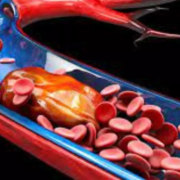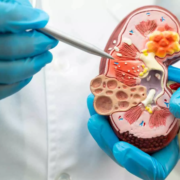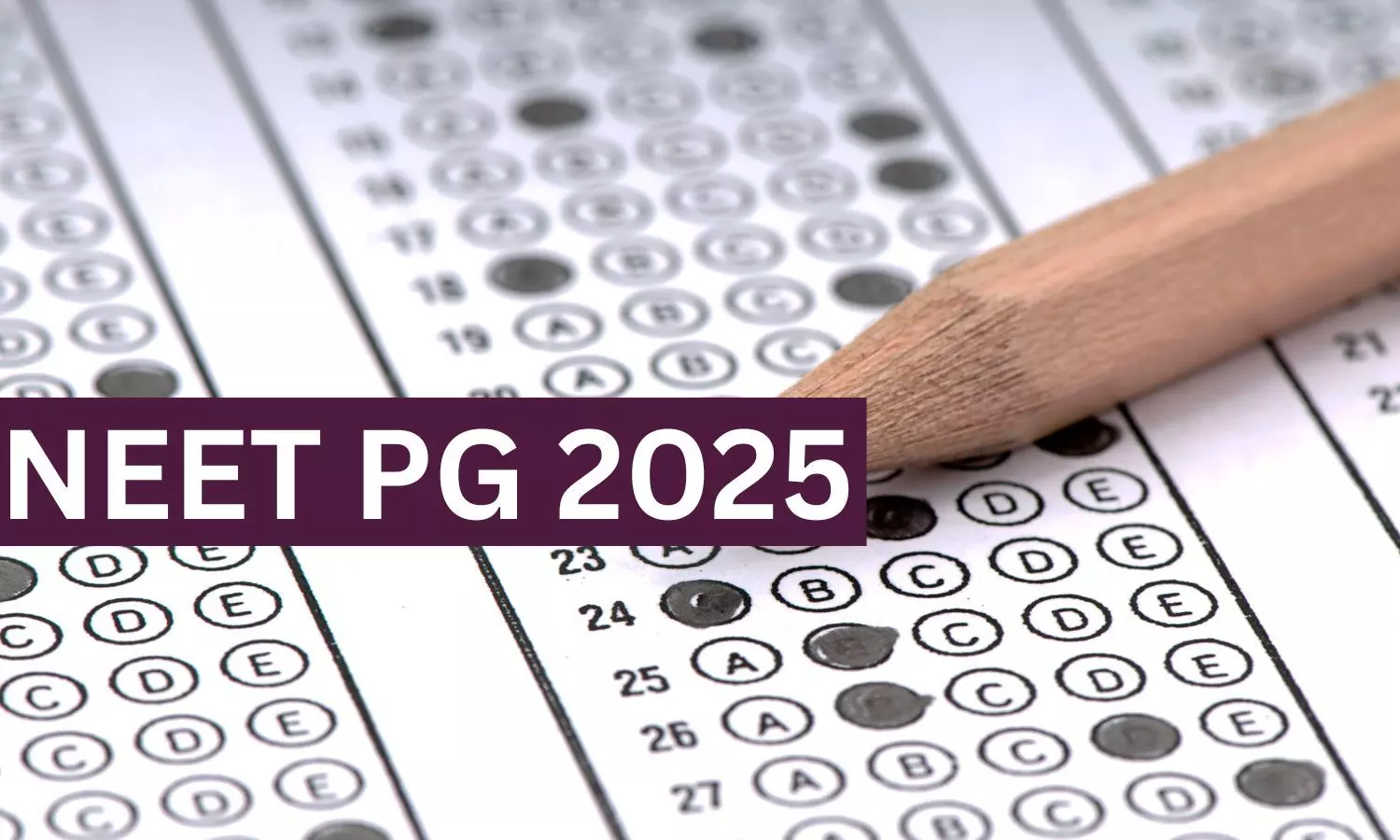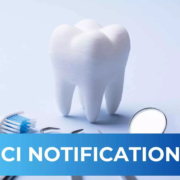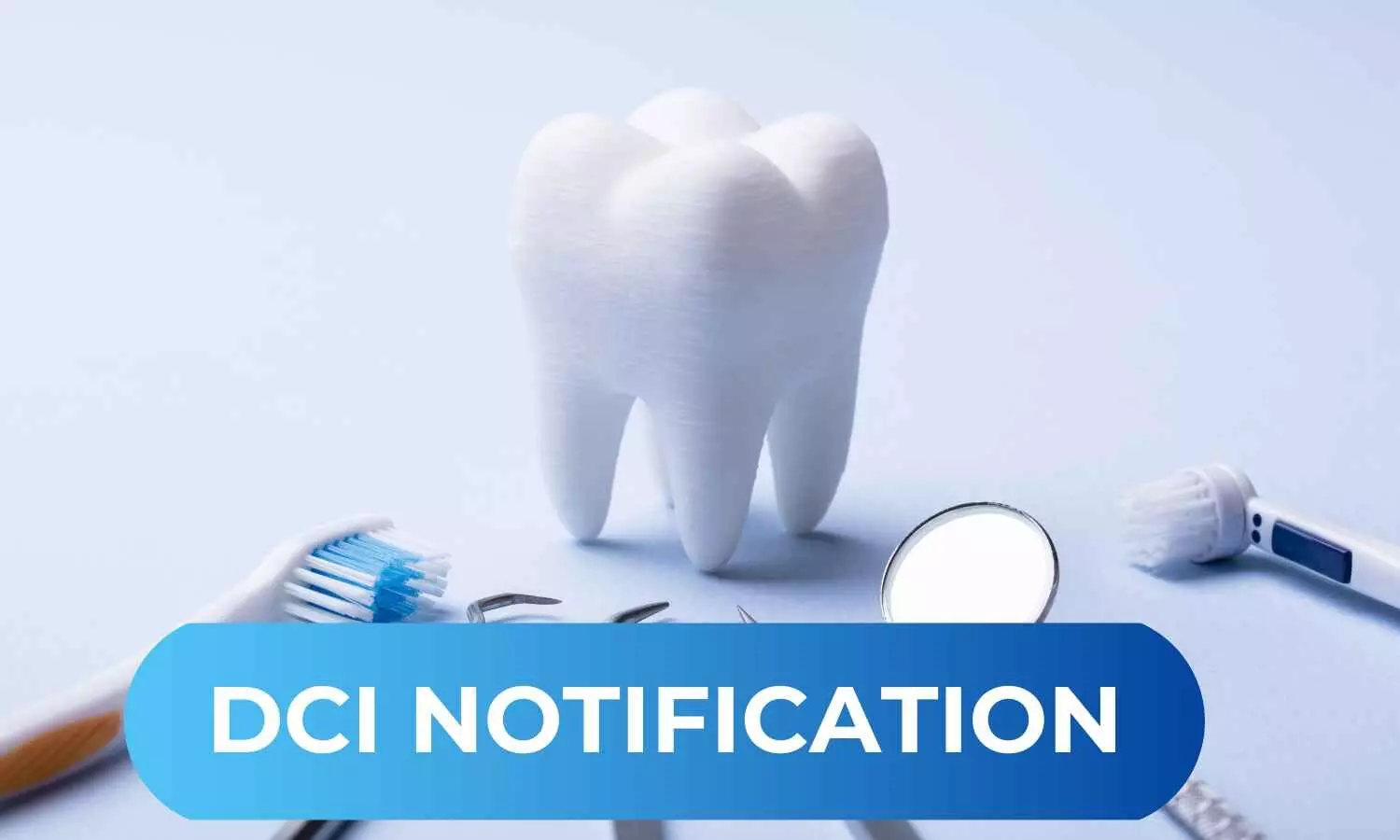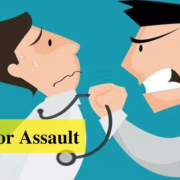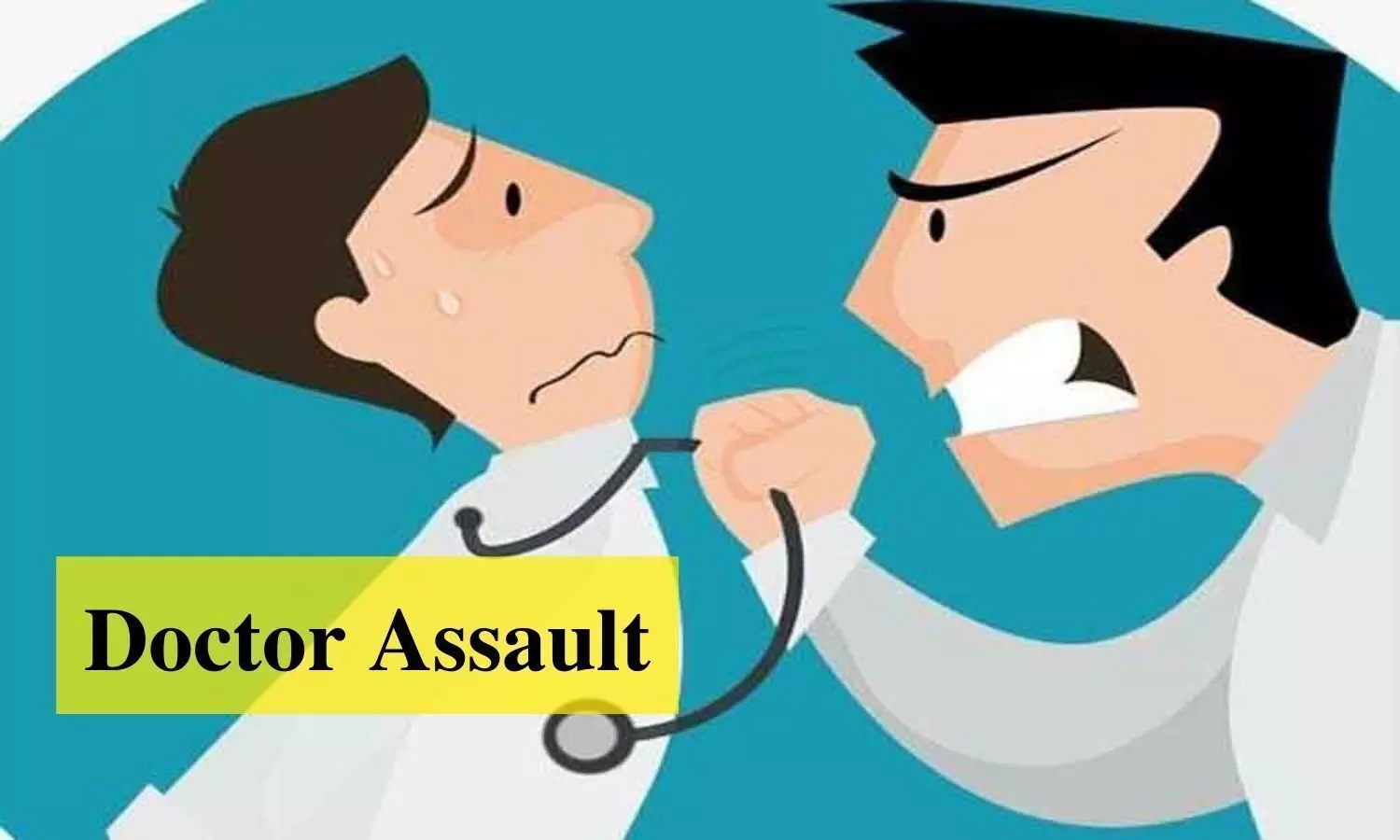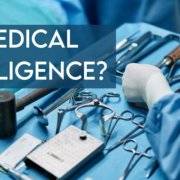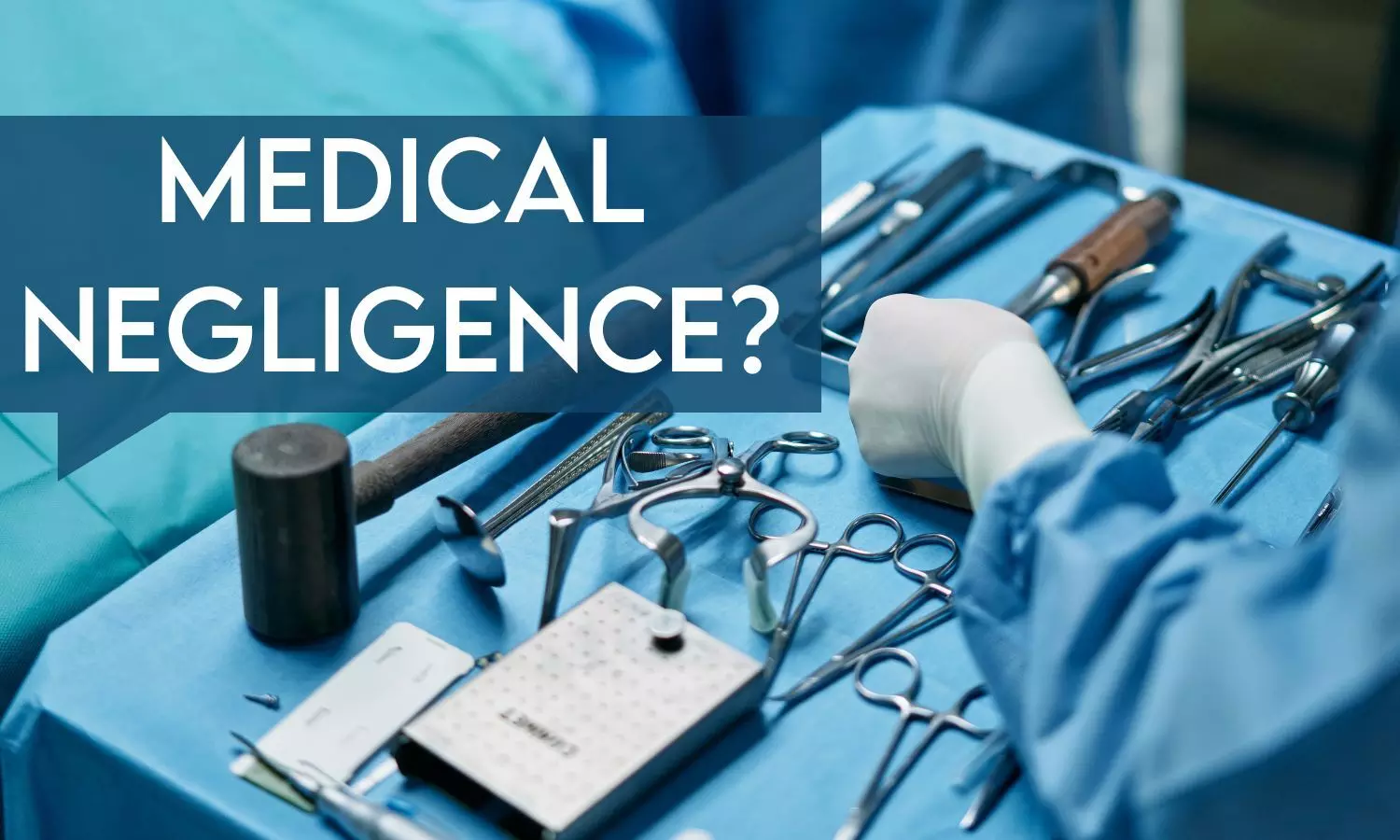Adjunctive Argatroban or Eptifibatide Shows No Benefit with Thrombolysis in Thrombectomy Patients: JAMA
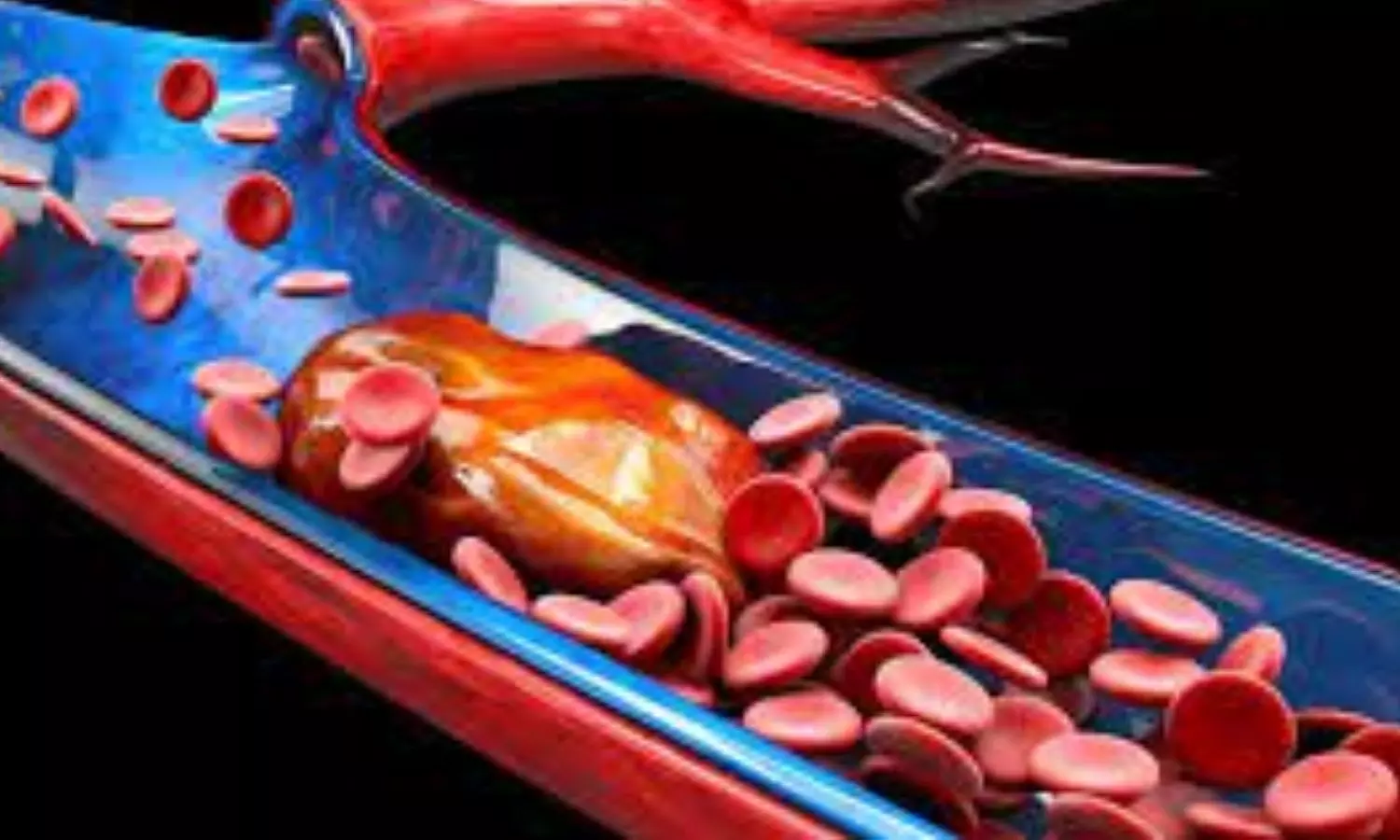
A recent study published in the Journal of American Medical Association revealed that adding argatroban or eptifibatide to intravenous thrombolysis did not improve reperfusion rates or clinical outcomes in patients undergoing endovascular thrombectomy. The findings from the Multi-Arm Optimization of Stroke Thrombolysis (MOST) trial was conducted between 2019 and 2023. The study followed patients for 90 days, assessing outcomes in a blinded fashion.
Of 5,376 patients screened for eligibility, 4,332 did not meet inclusion criteria and another 530 were either not consented or excluded for other reasons. Ultimately, 514 patients were randomized into the trial. Among them, 254 were planned for thrombectomy, where 110 received placebo, 31 argatroban (a direct thrombin inhibitor), and 113 eptifibatide (a glycoprotein platelet inhibitor).
Of these, 219 patients ultimately underwent thrombectomy. Their average age was 68 years, and 53% were women. The trial measured recovery using the utility-weighted modified Rankin Scale (UW-mRS) at 90 days, where higher scores indicate better functional outcomes. Mean scores were 6.68 (95% CI, 5.98–7.39) in placebo group, 6.47 (95% CI, 5.79–7.15) in eptifibatide group and 5.35 (95% CI, 4.13–6.58) in argatroban group
These results show no significant improvement in clinical outcomes with the addition of either drug compared to placebo. Reperfusion success was defined by a Thrombolysis in Cerebral Infarction (TICI) score of 2b/2c/3 on completion angiography. The rates of good reperfusion were 83% (83 of 92 patients) for placebo, 84% (82 of 98 patients) for eptifibatide and 63% (17 of 27 patients) for argatroban. Rates of symptomatic intracranial hemorrhage were similar across all groups, indicating no excess bleeding risk with the experimental agents.
The results highlight that adding blood-thinning agents like argatroban or eptifibatide to intravenous thrombolysis does not improve outcomes in patients undergoing thrombectomy. However, this study suggest that future studies might explore whether these agents could benefit patients who are not candidates for intravenous thrombolysis. Overall, the findings of the MOST trial provide crucial clarity in refining acute stroke care strategies, showing that for now, standard intravenous thrombolysis followed by thrombectomy remains the optimal pathway.
Source:
Rines, I., Adeoye, O., Barreto, A. D., Broderick, J., Carrozzella, J., Chen, H., Concha, M., Elm, J., Grotta, J. C., Jasne, A. S., Khatri, P., Roy, A., Vagal, A., Wintermark, M., Yoo, A. J., Derdeyn, C. P., & MOST Investigators. (2025). Intravenous argatroban or eptifibatide in patients undergoing mechanical thrombectomy: A subgroup analysis of the MOST randomized clinical trial: A subgroup analysis of the MOST randomized clinical trial. JAMA Neurology. https://doi.org/10.1001/jamaneurol.2025.2794
Powered by WPeMatico

